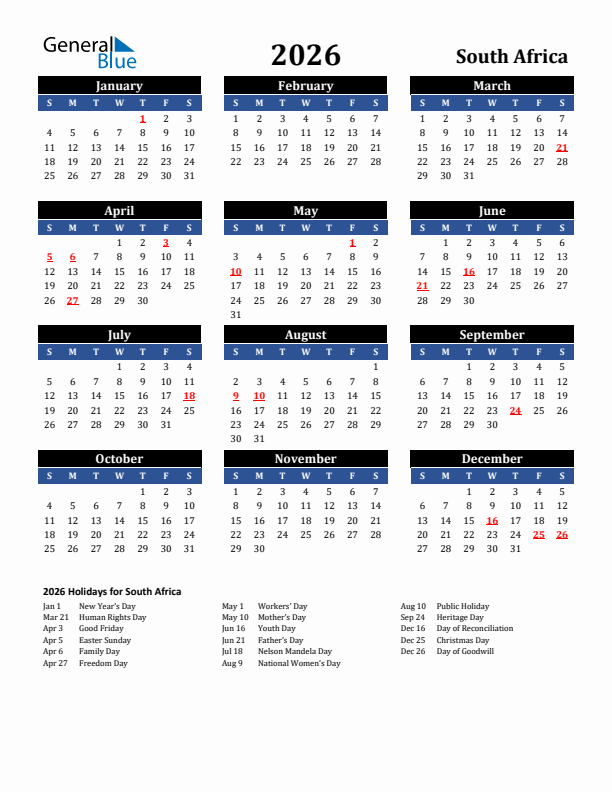
Introduction
hindu calendar 2026 south africa represents a significant subject within its field, encompassing a range of practices, traditions, or applications that shape daily life and broader cultural or professional landscapes. Understanding hindu calendar 2026 south africa provides clarity about its background, its present relevance, and the way it continues to influence various aspects of society. For the Hindu community in South Africa, the calendar is far more than a mere time-tracking tool; it is a vital framework that governs religious observances, cultural celebrations, and personal milestones, deeply embedding itself into the fabric of daily existence and community identity.
Definition and Origin of hindu calendar 2026 south africa
The Hindu calendar, fundamentally a lunisolar calendar, synchronizes lunar months with the solar year. Its origins trace back thousands of years to ancient India, where astronomical observations and spiritual insights converged to create a sophisticated system for tracking time. Unlike the Gregorian calendar, which is purely solar, the Hindu calendar calculates dates based on both the moon’s phases and the sun’s position. This dual approach means that while a year typically comprises twelve lunar months, an intercalary month (Adhik Maas) is added approximately every three years to realign the lunar cycle with the solar year, preventing festivals from drifting too far from their traditional seasons.
Various regional Hindu calendar systems exist within India, such as the Amanta (new moon ending) and Purnimanta (full moon ending) systems, along with different epoch starts. In South Africa, the Hindu community, predominantly descendants of indentured labourers and immigrants from various parts of India, brought these diverse calendrical traditions with them. Over generations, these traditions have been maintained and adapted within the South African context. The specific calculations for 2026, as with any year, take into account astronomical positions relative to the Southern Hemisphere, which can sometimes lead to slight variations in festival dates compared to those observed in India due to time zone differences and local sunrise/sunset timings for certain rituals. The calendar in South Africa serves as a crucial link to ancestral heritage, providing a continuous thread of cultural and religious practice across continents and generations.
Importance of hindu calendar 2026 south africa Today
The Hindu calendar holds immense importance for the Hindu diaspora in South Africa, acting as the primary guide for religious life and cultural continuity. Its role extends beyond simply marking days; it dictates the timing of virtually all significant Hindu festivals, fasts, and auspicious ceremonies. Festivals like Diwali, Holi, Navaratri, Maha Shivaratri, and Pongal are integral to the community’s spiritual and social fabric, and their dates are meticulously determined by the calendar. These celebrations are not merely annual events but serve as powerful occasions for communal gathering, spiritual reflection, and the reinforcement of cultural values.
Beyond major festivals, the calendar also specifies auspicious timings (Muhurats) for personal milestones such as weddings, housewarming ceremonies, and the initiation of new ventures. Adherence to these timings is believed to ensure success and prosperity, reflecting a deep-seated belief in the cosmic alignment of events. Furthermore, the calendar guides the observance of specific fasts (Vratas) and daily rituals (Pujas), providing a structured framework for individual spiritual practice. For the Hindu community in South Africa, a nation with a diverse religious landscape, the calendar is a cornerstone of identity, preserving unique traditions and fostering a sense of belonging and collective heritage. It ensures that the rich tapestry of Hindu culture continues to thrive and evolve within the South African context, connecting individuals to their spiritual roots and to each other.
Benefits of hindu calendar 2026 south africa
The continued observance and understanding of the Hindu calendar in South Africa offer numerous benefits, primarily centered on cultural preservation, spiritual guidance, and community cohesion. One of the most significant advantages is the preservation of cultural and religious traditions that might otherwise fade in a diaspora setting. By providing a definitive schedule for festivals and rituals, the calendar ensures that these ancient practices are passed down through generations, maintaining a living link to ancestral heritage. This continuity is vital for the identity of the Hindu community, offering a strong sense of roots and belonging.
Spiritually, the calendar provides a structured framework for religious life. It guides individuals on when to observe fasts, perform specific pujas, and engage in acts of devotion, thereby fostering a disciplined approach to spiritual growth. The cyclical nature of the calendar, with its emphasis on auspicious and inauspicious periods, encourages introspection and alignment with cosmic rhythms. Socially, the calendar plays a crucial role in fostering community spirit. Festivals are often celebrated collectively at temples, community halls, and homes, bringing people together, strengthening social bonds, and facilitating intergenerational connections. Children learn about their culture and religion by participating in these events, ensuring the traditions endure. Moreover, in a multicultural nation like South Africa, the Hindu calendar contributes to the broader cultural mosaic, promoting understanding and appreciation of diverse traditions. It allows the Hindu community to express its unique identity while contributing to the nation’s rich cultural landscape, reinforcing a sense of collective identity and shared purpose.
Applications of hindu calendar 2026 south africa
The applications of the Hindu calendar in South Africa are diverse, touching upon various aspects of religious, social, and personal life for the Hindu community. Its primary application is in scheduling religious ceremonies and pujas. Temples across South Africa rely on the calendar to announce and organize their annual programs, including major festivals, daily prayer timings, and special events. This ensures that devotees can plan their participation in advance, fostering consistent engagement with religious institutions.
Individuals utilize the calendar for observing specific fasts (Vratas) and conducting personal rituals. Many Hindus follow dietary restrictions or perform specific prayers on certain days of the lunar cycle, and the calendar provides the precise dates for these observances. Beyond religious duties, the calendar is frequently consulted for planning significant personal events. Auspicious timings (Muhurats) are sought for weddings, engagements, housewarming ceremonies, naming ceremonies for newborns, and even the inauguration of new businesses. This practice reflects a deep cultural belief in aligning human endeavors with cosmic energies for favorable outcomes. Community organizations and cultural centers also leverage the calendar for their annual planning, scheduling cultural programs, educational workshops, and social gatherings around key festival dates. This ensures maximum participation and relevance for their events. Educational institutions, particularly those with a focus on Hindu culture and values, integrate the calendar into their academic year, allowing students to observe and understand the significance of various festivals and traditions. Thus, the Hindu calendar serves as an indispensable tool for maintaining and perpetuating Hindu cultural and religious practices within the South African context.
Challenges and Future of hindu calendar 2026 south africa
Despite its enduring importance, the Hindu calendar in South Africa faces several challenges, alongside promising prospects for its future. One significant challenge lies in the accurate translation and adaptation of lunar dates to the Gregorian calendar, especially given the geographical differences between India and South Africa. Astronomical calculations for tithis (lunar days) and nakshatras (lunar mansions) must account for the local sunrise and sunset times, which can lead to variations in festival dates compared to those observed in India. This sometimes creates confusion or requires careful consultation with local religious authorities. Another challenge involves the standardization of practices across the diverse Hindu traditions present in South Africa, as different regional calendars or panchangams might yield slightly different dates for the same festival.
Engaging younger generations also presents a challenge. In an increasingly globalized and secularized world, ensuring that Hindu youth understand and appreciate the intricacies and significance of the calendar requires concerted effort. The dominant Gregorian calendar in civil life means that Hindu festivals often do not align with public holidays, necessitating individuals to balance religious observance with professional and academic commitments.
However, the future of the Hindu calendar in South Africa appears robust due to several factors. Its role as a cultural anchor remains strong, providing a vital link to heritage. The advent of digital tools and online resources, including dedicated apps and websites, is making calendar information more accessible and easier to navigate, aiding in accuracy and dissemination. Educational initiatives within temples and cultural organizations are crucial for ensuring its continuity, teaching younger generations about its principles and significance. Furthermore, the calendar contributes to interfaith dialogue and understanding within South Africa’s multicultural society, fostering respect for diverse traditions. Continued adaptation, leveraging technology, and focused educational efforts will ensure that the Hindu calendar remains a central and relevant element for the Hindu community in South Africa for generations to come.
FAQs about hindu calendar 2026 south africa
Q1: What is hindu calendar 2026 south africa?
The Hindu calendar in South Africa for 2026 is a lunisolar calendar system used by the Hindu community to determine the dates of religious festivals, auspicious timings for ceremonies, and other significant cultural observances. It combines lunar months with the solar year, adapted for the South African geographical context.
Q2: Why is hindu calendar 2026 south africa important?
Its importance stems from its role as the primary guide for religious and cultural life. It dictates the timing of major festivals, fasts, and rituals, preserving traditions, fostering community cohesion, and maintaining a strong sense of identity for Hindus in South Africa.
Q3: What are the main benefits of hindu calendar 2026 south africa?
Key benefits include the preservation of ancient cultural and religious traditions, providing a structured framework for spiritual practice, strengthening community bonds through shared celebrations, and offering a vital link to ancestral heritage for the Hindu diaspora.
Q4: How can hindu calendar 2026 south africa be applied in daily life?
It is applied by individuals for scheduling personal religious observances, determining auspicious timings for life events like weddings or housewarmings, and by temples and community organizations for planning their annual calendars of festivals and events.
Q5: What challenges are associated with hindu calendar 2026 south africa?
Challenges include ensuring accurate astronomical calculations for the Southern Hemisphere, standardizing dates across diverse Hindu traditions, engaging younger generations, and integrating religious observances with the dominant Gregorian calendar in a secular society.
Tips for hindu calendar 2026 south africa
Understanding and effectively utilizing the Hindu calendar in South Africa for 2026 involves a mindful approach to its unique characteristics and applications.
- Understand the fundamentals. Familiarization with the lunisolar nature of the Hindu calendar, including concepts like tithis (lunar days), nakshatras (lunar mansions), and the addition of Adhik Maas (intercalary month), provides a deeper appreciation for its structure. This foundational knowledge helps in comprehending why festival dates vary annually.
- Focus on practical use. While the astronomical intricacies are complex, the practical application is straightforward. The calendar serves as a guide for planning participation in festivals, observing fasts, and identifying auspicious timings for personal or family events. Utilize reliable local panchangams (Hindu almanacs) or temple resources for accurate dates.
- Stay updated on new trends or research. In the digital age, numerous online resources, apps, and community websites provide up-to-date calendar information specific to South Africa. Consulting these modern tools can help clarify dates and timings, especially for those who might not have access to traditional printed almanacs.
- Avoid common mistakes. A common pitfall involves assuming dates will be identical to those observed in India or relying on outdated information. Always verify dates with reputable local Hindu organizations or religious leaders in South Africa, as time zone differences and specific astronomical calculations can lead to variations.
- Adopt a long-term approach. The Hindu calendar is a living tradition. Engaging with it involves more than just knowing dates; it is about understanding the cultural and spiritual significance behind each observance. Encourage younger generations to learn about the calendar’s importance, ensuring its continuity and relevance for future years.
Conclusion about hindu calendar 2026 south africa
The hindu calendar 2026 south africa continues to be an indispensable guide for the Hindu community, profoundly shaping its cultural, professional, and personal lives. Its intricate system, rooted in ancient wisdom and adapted for the South African context, serves as a vital link to heritage, providing a structured framework for spiritual growth and community cohesion. The calendar’s enduring relevance lies in its ability to dictate the rhythm of religious observances, cultural celebrations, and personal milestones, thereby reinforcing identity and fostering a sense of belonging within a diverse nation. While challenges such as accurate adaptation and intergenerational engagement persist, the inherent benefits of cultural preservation, spiritual guidance, and community strengthening far outweigh these hurdles. As the community embraces modern tools and continues its educational efforts, hindu calendar 2026 south africa is poised to remain a central element of progress and relevance, ensuring that the rich tapestry of Hindu traditions continues to flourish and evolve into the future.
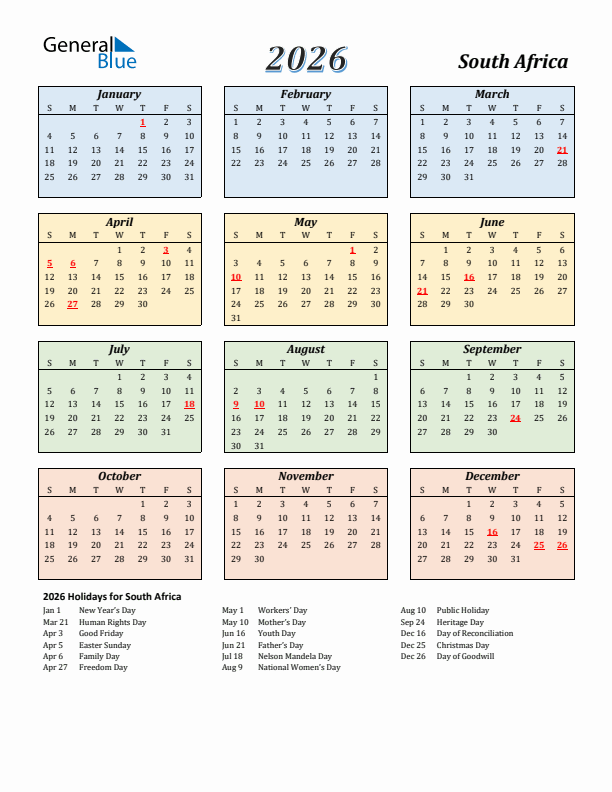
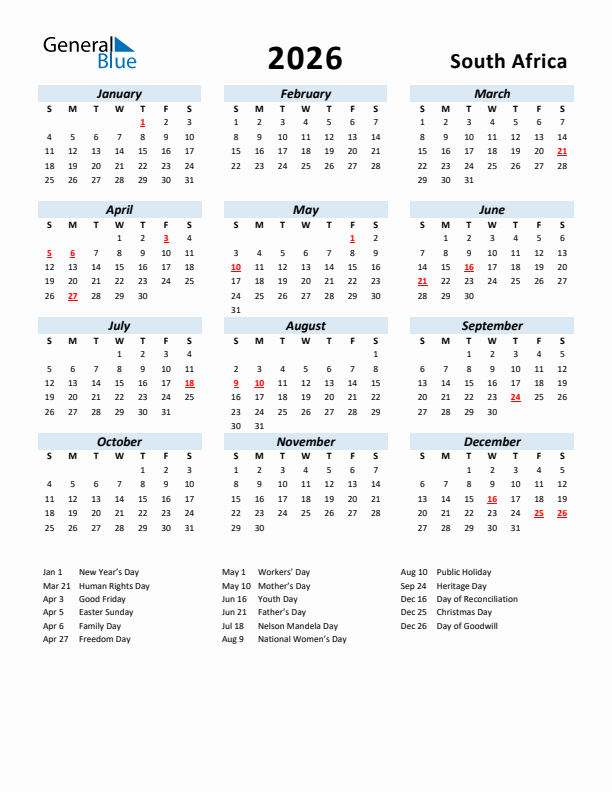
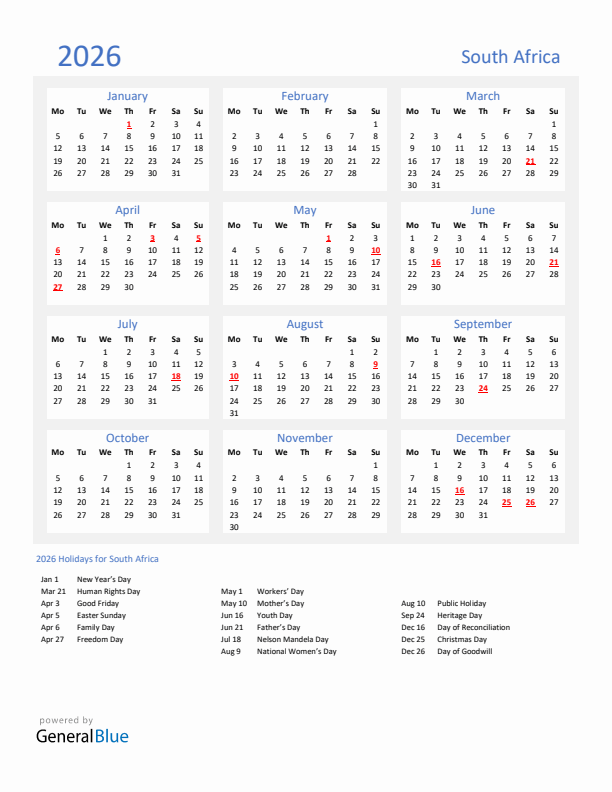

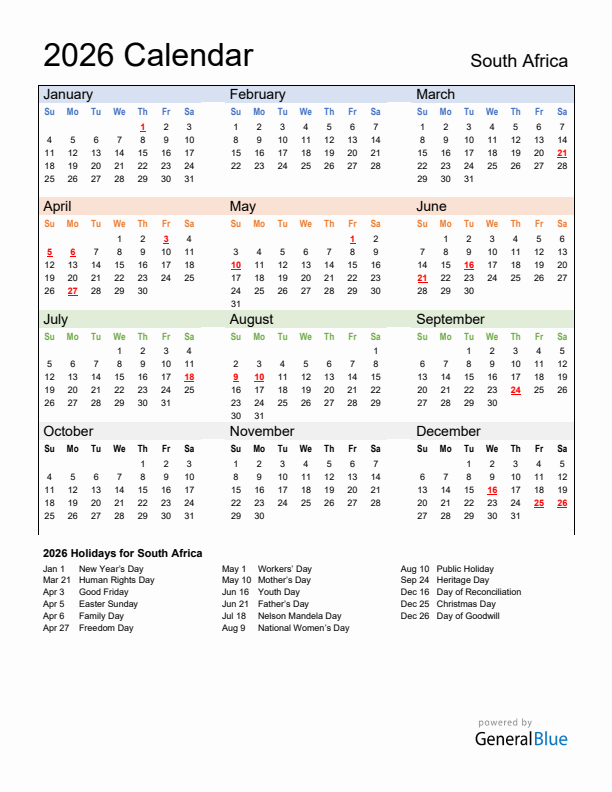
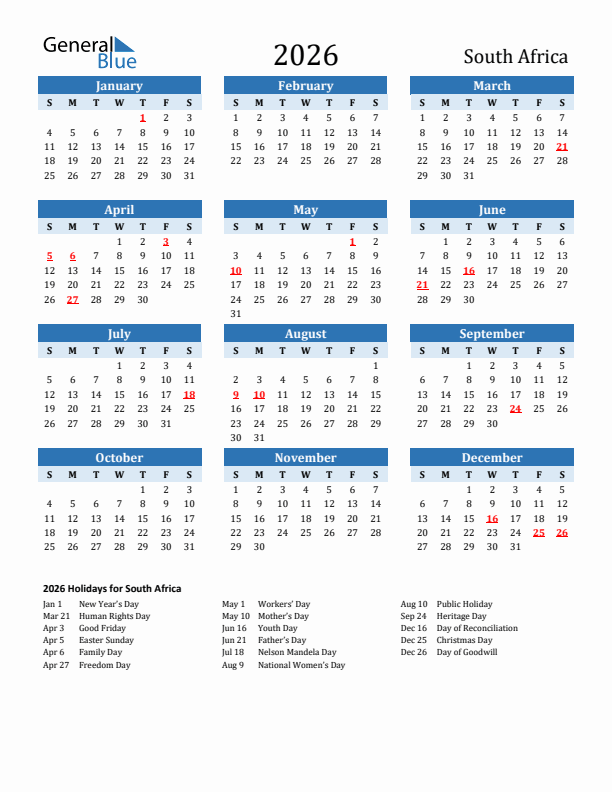
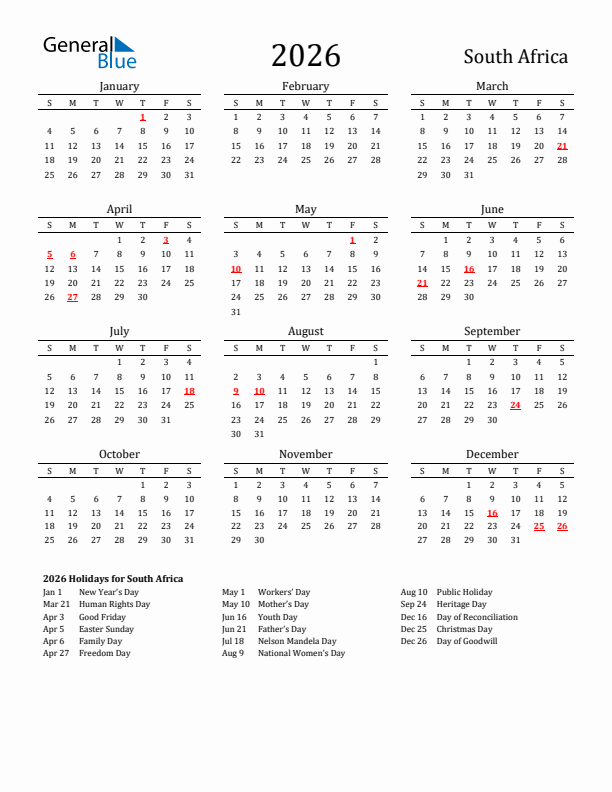
Leave a Reply